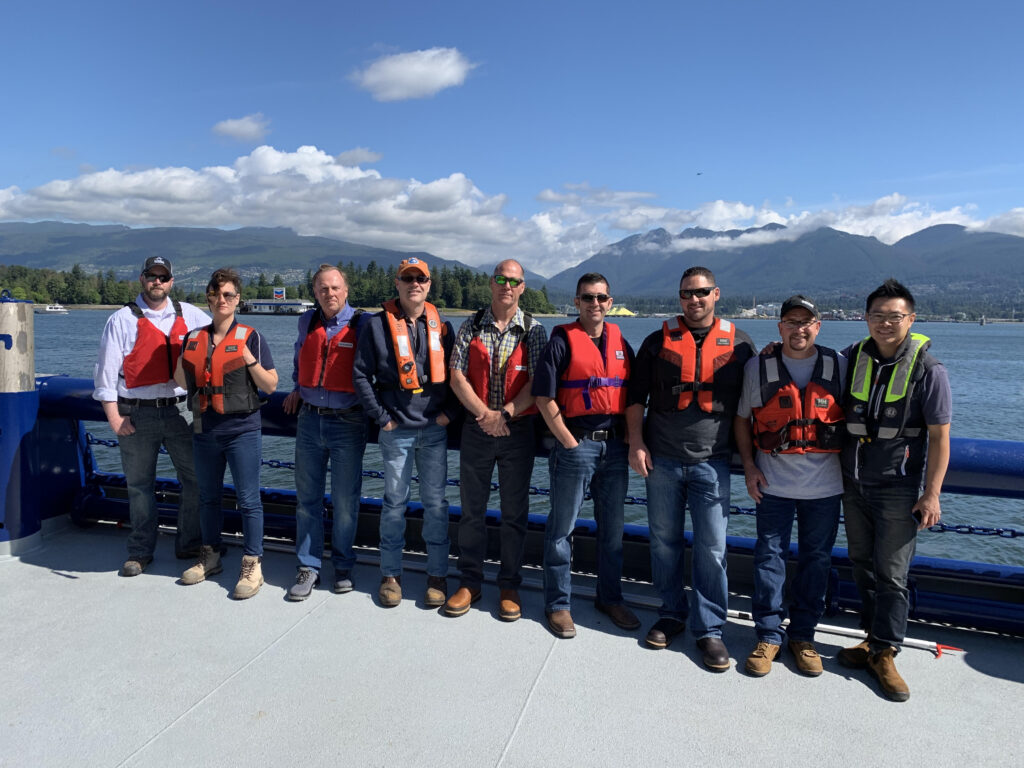
Clean Rivers strives to stay on top of new information and best practice as it relates to spill response. As a member of the Association of Petroleum Industry Co-Op Managers (APICOM), Clean Rivers Cooperative participates in various capacities that bring an additional layer of value to our members. Clean Rivers Operations Manager, Carl Boelter is currently Co-Chair of the HSET Committee (Health, Safety, Environment and Training Committee). As Co-Chair, Carl supports in facilitating quarterly meetings and works to put together future agendas. Established in 2008 as subcommittee of APICOM, HSET exists to facilitate the exchange of information and resources to promote a safe and healthy work environment, support response readiness and encourage continual improvement in response organizations. Members of HSET include OSRO professionals’ nationwide who meet quarterly virtually and in person once annually. The diversification of HSET Members brings depth of knowledge and experience. A main objective of HSET is to share information and resources between committee members such as policies, procedures, and forms; regulatory changes; lessons learned from responses, exercises, or incidents; new Health, Safety and Environmental (HSE) technologies/ techniques; HSE requirements specific to member companies; and best practices. Topics of discussion range from drone safety, fatigue management and electric vehicle safety to Site Specific Safety Planning. Clean Rivers Cooperative has leveraged the collective knowledge of HSET to make updates to our internal HSE policies, training and practices. For example, discussions among HSET members regarding vessel air draft prompted changes to Clean Rivers Cooperative vessel safety checklists for vessels underway and discussions on drone safety have led to the creation of safety plans for unmanned aerial and underwater surveillance. Additionally, as electric vehicles are becoming more mainstream and the possibility of response vehicles being electric, HSET has begun discussions concerning fire safety in regard to lithium batteries in these vehicles. Staying abreast of updated safety techniques such as this benefit all stakeholders.

